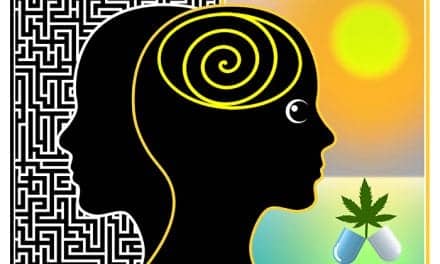Researchers at Emory University School of Medicine have discovered that dozens of adults with an elevated need for sleep have a substance in their cerebrospinal fluid that acts like a sleeping pill.
The results are published in the journal Science Translational Medicine.
Some members of this patient population appear to have a distinct, disabling sleep disorder called “primary hypersomnia,” which is separate from better-known conditions such as sleep apnea or narcolepsy. They regularly sleep more than 70 hours per week and have difficulties awakening. When awake, they still have reaction times comparable to those of someone who has been awake all night. Their sleepiness often interferes with work or school attendance, and conventional treatments such as stimulants bring little relief.
“These individuals report feeling as if they’re walking around in a fog—physically, but not mentally awake,” says lead author David Rye, professor of neurology at Emory University School of Medicine and director of research for Emory Healthcare’s Program in Sleep. “When encountering excessive sleepiness in a patient, we typically think it’s caused by an impairment in the brain’s wake systems and treat it with stimulant medications. However, in these patients, the situation is more akin to attempting to drive a car with the parking brake engaged. Our thinking needs to shift from pushing the accelerator harder, to releasing the brake.”
In a clinical study with seven patients who remained sleepy despite above-ordinary sleep amounts and treatment with stimulants, Emory researchers showed that treatment with the drug flumazenil can restore alertness, although flumazenil’s effectiveness was not uniform for all seven. Alertness was gauged through the psychomotor vigilance test, a measurement of reaction time.
Flumazenil is usually used in cases of overdose of benzodiazepines, a widely used class of sedatives such as diazepam (Valium) and zolpidem (Ambien). Evidence in the paper suggests that the sleep-inducing substance in patients’ cerebrospinal fluid is not a benzodiazepine drug, even though flumazenil counteracts it. Identifying the mysterious “somnogen,” which appears to be produced by the body, could give scientists greater insight into how our brains regulate states of consciousness such as alertness and sleep.




